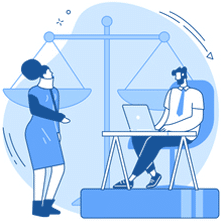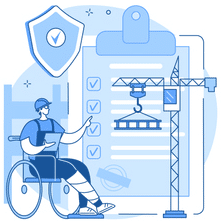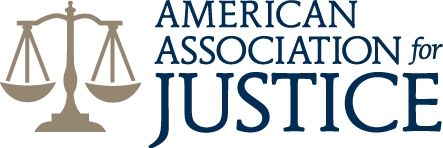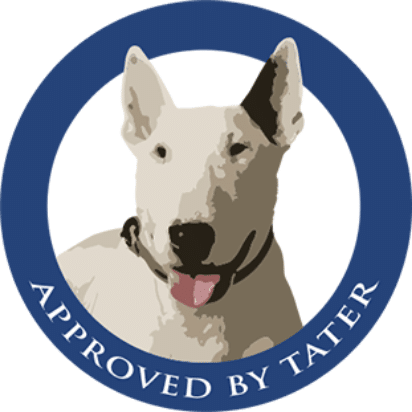Fight Back With The Jack Pack
Welcome to Jack Bailey Law Corporation, the renowned legal team specializing in cases involving Personal Injury, Motor Vehicle Wrecks, and Workers’ Compensation Claims.
Shreveport Injury Experts
Commonly known as The Jack Pack, we are a group of lawyers in Shreveport, Louisiana serving clients in and around the surrounding areas, including Bossier City, Arcadia, Homer, Coushatta, Mansfield, Minden, Gibsland, Haynesville, Springhill, and Oil City.
At Jack Bailey Law Corporation, we have a proven track record of achieving substantial results for our clients, a deep understanding of the law, and the resources to take on even the most challenging cases.

Comprehensive Legal Representation for Vehicular Wreck Cases
Decades of successful representation with a commitment to returning every phone call.
Extensive experience in settling and litigating cases involving the injured, including auto accidents, wrongful death, and workers’ compensation.
Over $1 Billion in settlements and verdicts awarded to our clients.
Leading law firm in North Louisiana for workers’ compensation injury cases.
Tenacious fighters who will not back down in pursuit of what you deserve.
Strong financial resources and expertise to fight and secure victory for you.
Transparent fee structure communicated upfront, with no unexpected changes.
No fee whatsoever if we are unable to settle or try your case successfully.
Leave the legal complexities to us; it’s our job to know the law.
Your Local Choice
We have one office, in one location. With deep roots in Northwest Louisiana, our local group of attorneys is here to provide you with personalized representation and deliver results. Our experienced attorneys understand the stress and uncertainty that can come with being injured and not knowing where to turn for help. That’s why we work tirelessly to provide our clients with the legal support they need to get back on their feet and move forward with their lives. We understand the time-sensitive nature of filing a claim and are ready to help you maximize the benefits you rightfully deserve.












